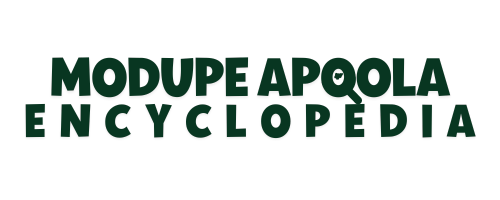Duro Ladipo was a playwright of international renown born in 1931 to a clergyman. Ladipo spent his childhood in Osogbo, acquiring primary and middle school education in a mission school. Through in-service training he qualified as a teacher in 1958; a considerable educational achievement in his time. Shortly after getting into trouble with his church for his ultraethipian tendencies, Ladipo took his Africanized cantata for which he encountered severe resistance at church into the secular world, staging alongside the songs, Christian morality plays in schools and town halls. He organized a theater company named after himself in 1961 and based it in the Mbari Arts Centre of Osogbo founded by Suzanne Wenger, a German-born artist who was a major influence on his work.
Ladipo came into prominence under a political atmosphere just after independence, ripe for cultural pride. With the additional help of friends such as the German Jewish scholar, Ulli Beier, an art enthusiast who arrived in Nigeria in the 1950s, he quickly became famous. In 1964, his play was shown with enormous success in Berlin and the following year at the Commonwealth festival in London. Ladipo usually acted his own plays and he was said to have been possessed by the Yoruba king-god, Sango, each time he took up the role of Sango in his most successful play, Oba Koso. Almost all Ladipo’s plays were premiered at his Mbari Mbayo cultural center, where the local audience passed their judgment about the plays. Ladipo then revised most of the plays based on the criticisms before taking his performances to big cities and colleges. He works constantly on his plays and two performances are hardly ever the same. Ladipo died in 1978, during his residency at the University of Ibadan African Studies Department. Other plays from him were Oba Moro, Oba Waja, and Moremi.
